Caring for a horse involves much more than just routine rides. A healthy horse requires consistent attention in areas such as grooming, exercise, rest, and diet. This guide provides you with essential tips to maintain your horse’s health and happiness, ensuring a long and fruitful companionship.
Keeping Your Horse Clean and Tidy
Regular grooming is not just about keeping your horse looking good—it’s crucial for their health. Grooming your horse helps prevent skin diseases and encourages blood circulation. Each session gives you a chance to check for injuries or irritations. Start with a curry comb to loosen dirt and dead skin, followed by a dandy brush to remove debris. Don’t forget to clean the hooves too, as they can harbor stones or debris that might lead to lameness.
Exercise Essential for Physical and Mental Health
Exercise is vital for maintaining your horse’s physical health and mental well-being. Regular exercise helps prevent boredom and behavioral issues such as chewing on stalls or cribbing. Tailor the exercise routine to fit your horse’s age, breed, and condition. Activities can range from walking and trotting to more structured training sessions, depending on your horse’s needs.
Proper Rest
For horses, just as important as exercise, adequate rest is crucial to your horse’s health. Make sure your horse has a comfortable, quiet place to rest away from harsh weather conditions. Bedding must be clean, dry and free of pests. Cleaning the cubicle regularly is essential to prevent ammonia and bacteria buildup.
Horseshoe Change
To keep the horse’s hoof healthy, it is essential to perform regular shoeing every month or, at most, every 6 weeks. Remember that if too much time passes between shoeing, the hoof will have grown too much and the frog grooves will become deeper and deeper.
Nutrition: Fueling Your Horse Correctly
A balanced diet is key to maintaining your horse’s health. Feed quality forage, such as hay, which should make up the majority of their diet. The amount and type of additional feed, like grains or concentrates, depend on their workload, health, and metabolic needs. Always ensure fresh water is available to help aid digestion and prevent colic.
Regular Health Checks: The Foundation of Horse Care
Routine vet visits are essential for vaccinations, parasite control, and dental care. Familiarize yourself with the signs of common health issues in horses so you can act swiftly if something seems amiss. Keep a first aid kit handy for minor injuries and know when to call your vet for more serious concerns.
Supplements for Optimal Horse Health
Proper nutrition is crucial, but sometimes even well-planned diets need a boost. Supplements can play a vital role in maintaining your horse’s health, performance, and overall well-being. Here are some commonly recommended supplements:
 My Account
My Account


 Categories
Categories
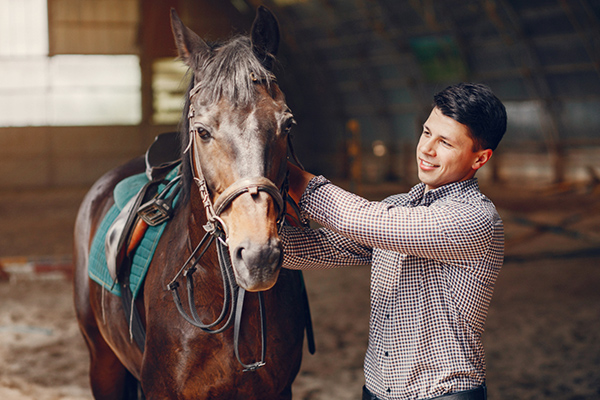




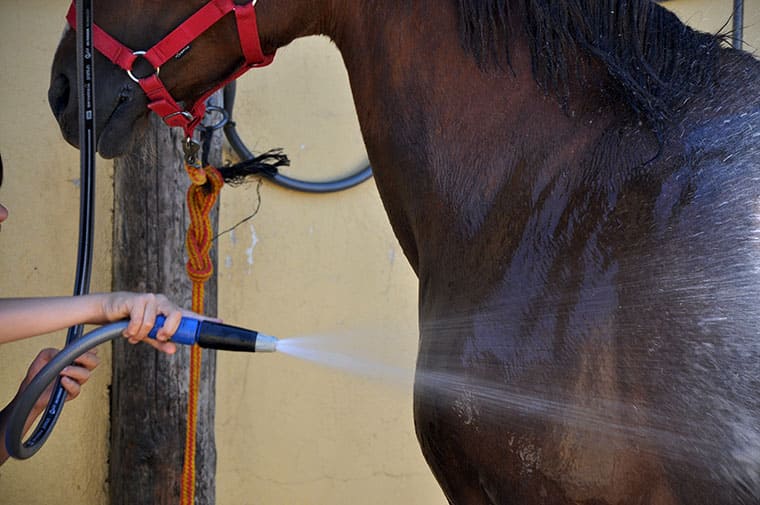
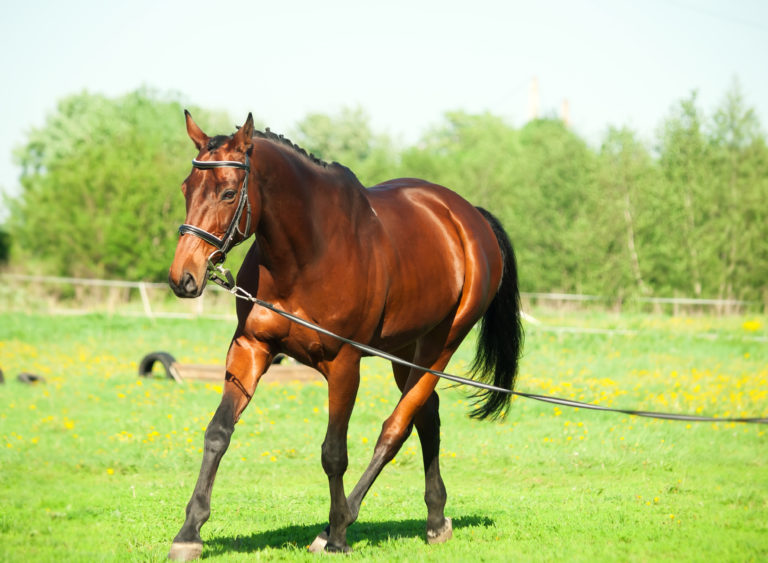

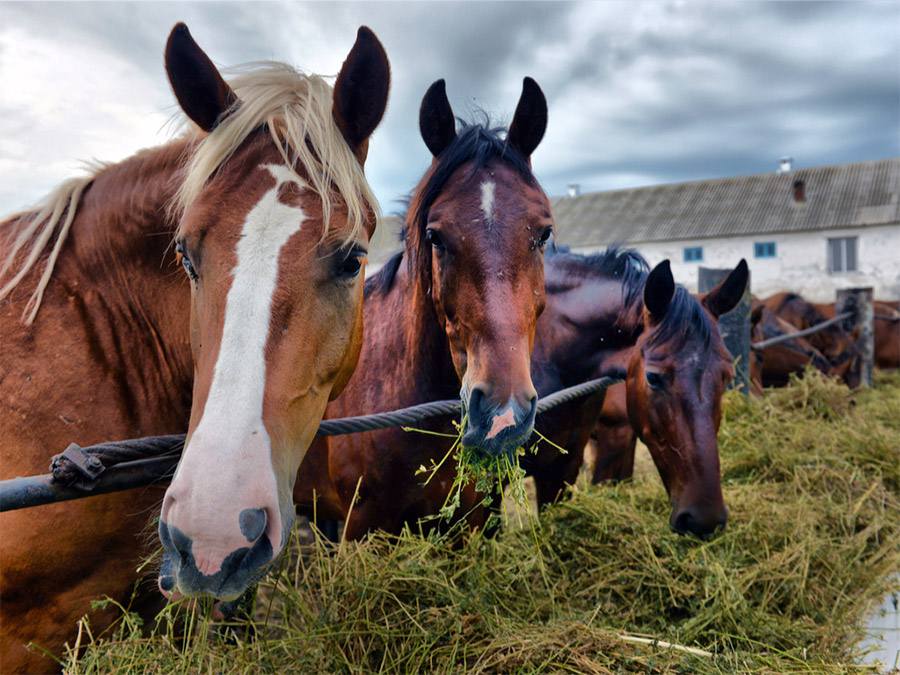
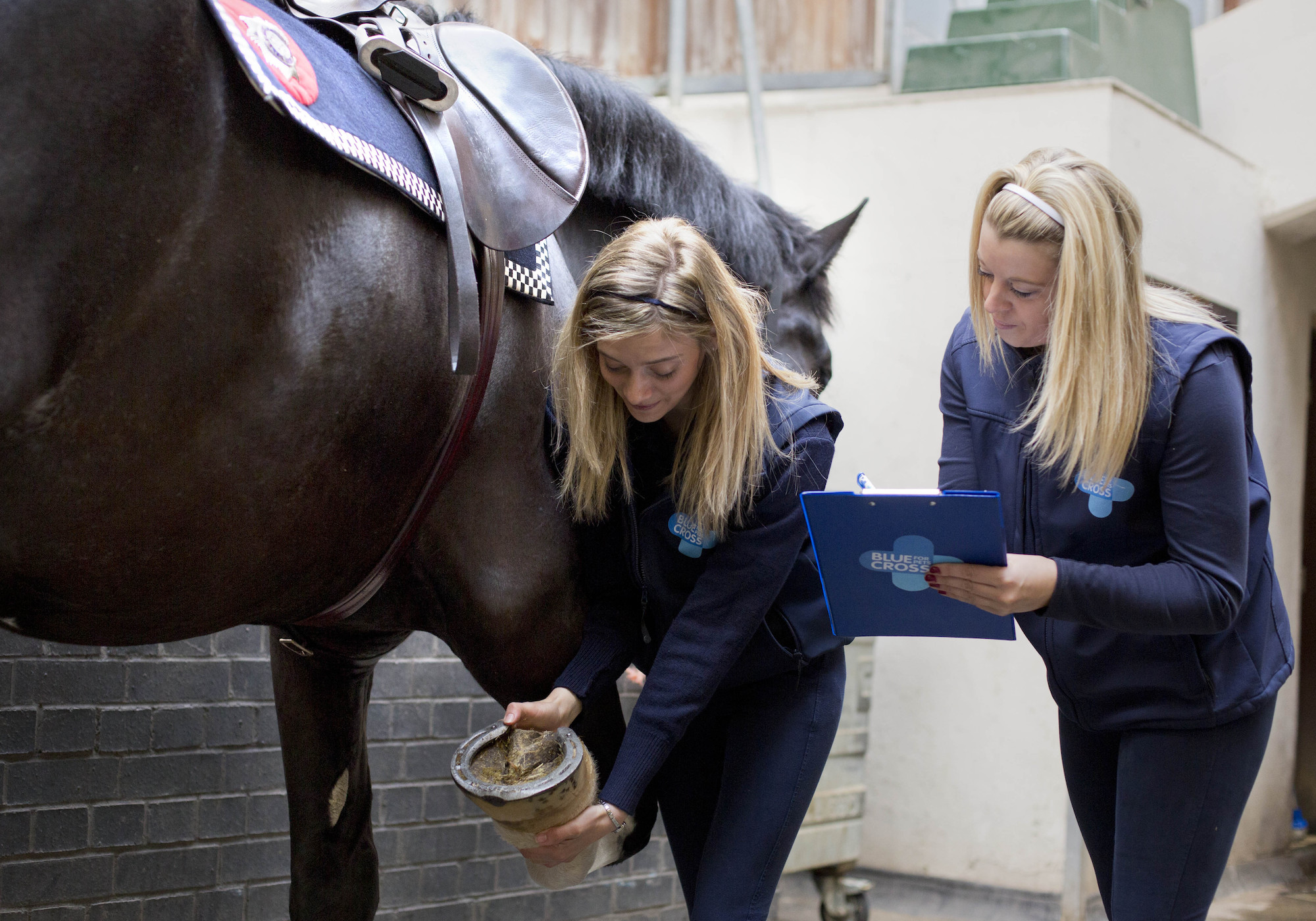


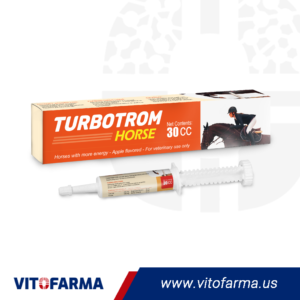






 Visita Nuestra Página en Español
Visita Nuestra Página en Español